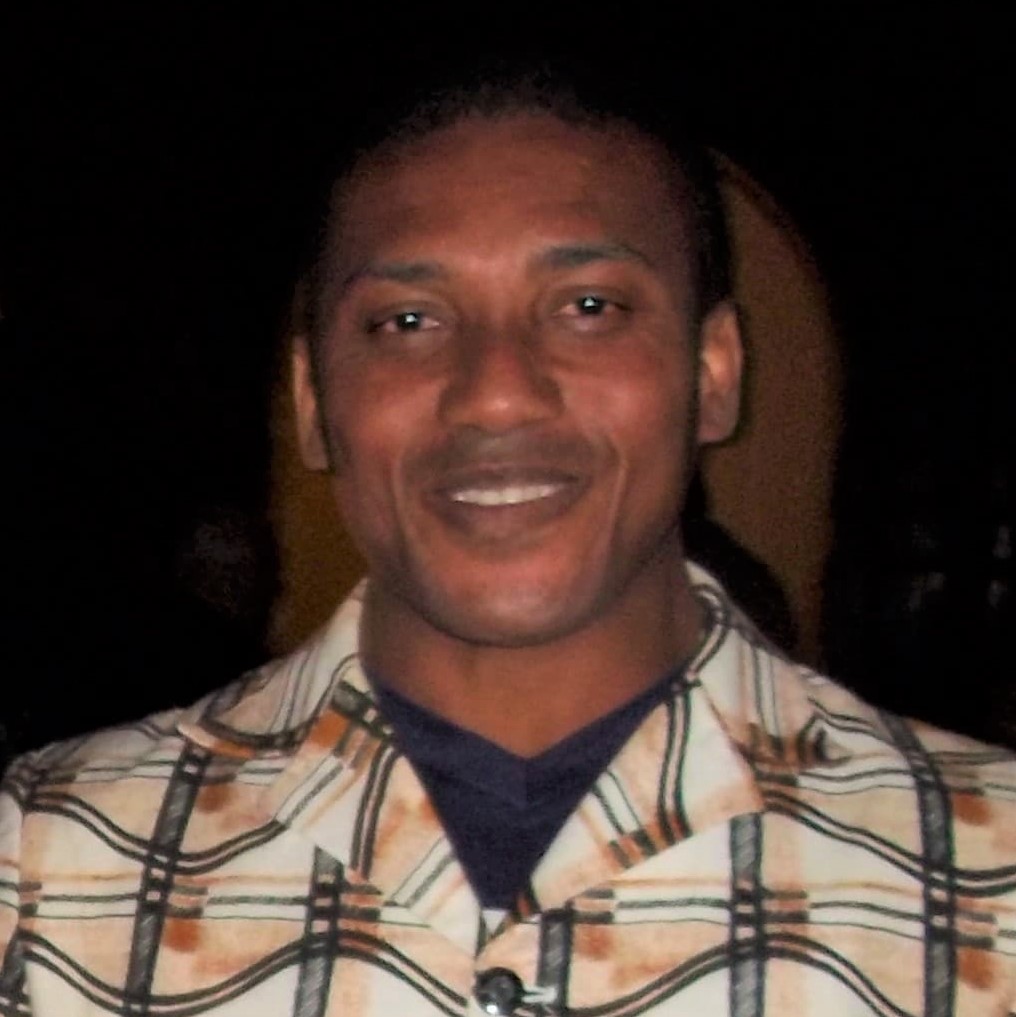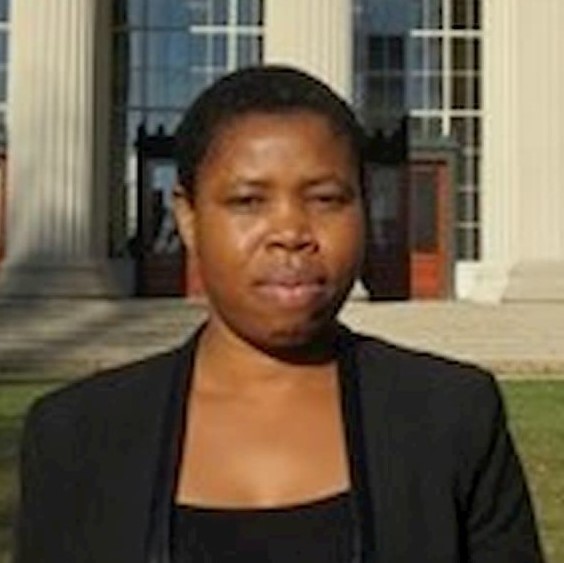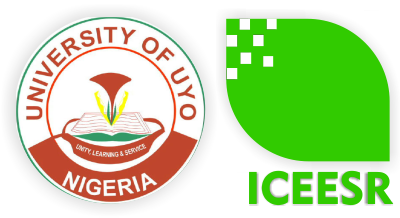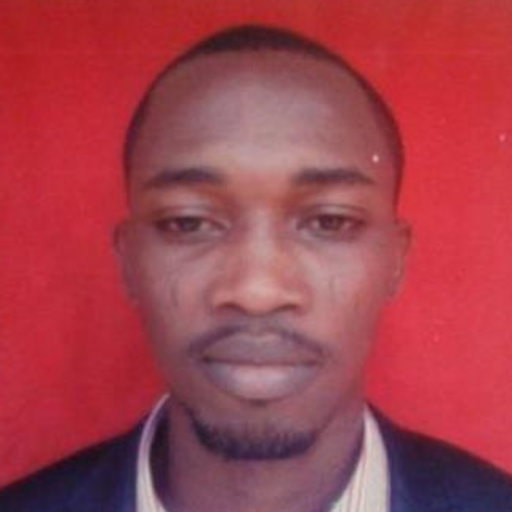
Computational Intelligence
The Computational Intelligence Group (CIG) was created in 2017 and is led by Dr. Moses Ekpenyong. Our research activities cover a broad range of theoretical and practical topics in Intelligent Systems and Data Science, with the capacity to offer nature inspired solutions to real world problems, which appear non-linear and complex. Within the CIG researchers and students design and develop nature inspired and optimized algorithms to tackle real world problems.
-
- To perform internationally recognized and evidence-based research in the analysis, design and application of CI methodologies
- To promote excellence in teaching subjects in CI fields
- To transfer our knowledge and expertise to the industry and attract funding through high quality research projects
-
- New algorithms, data structures, and infrastructure for Big data
- Data mining
- Optimization
- Metalearning and ensemble algorithms
- Predictive modeling
- Recommender Systems
- Pattern recognition
- User-adaptive systems
- Bioinformatics
- Speech Technology
- Wireless Communication Technology
- Health Informatics
-
 Team leader
Team leader
Dr. Moses Ekpenyong
Associate Professor, Computer Science Department

Dr. Udoinyang Inyang
Senior Lecturer, Computer Science Department

Dr. Uduak Umoh
Associate Professor, Computer Science Department
Contact: uduakumoh@uniuyo.edu.ng +2348122064911

Dr. Patience Usip
Senior Lecturer, Computer Science Department

Samuel A. Robinson
Lecturer, Computer Science Department
-
The CIG has been involved in grants to solve problems in the area of Computing, Linguistics, GIS, Geoscience (Oil and Gas), Engineering and Health sectors. Recent grants the group is involved in include:
- Tertiary Education Trust Fund (TETFund) Institutional Based Research (IBR) Grant Project on “Modeling Drugs Interaction for Efficient Patient Response to Antiretroviral Therapy. Grant Ref. No.: TETFUND/DESS/UNI/UYO/2018/RP/VOL.I (2019)
- Gwangju Institute of Science and Technology (GIST), International Environmental Research Institute (IERI) Research Grant on “Climate Variability in Relation to Floodplain Erosion and Water Quality Characteristics of the Ikpa River Basin” (2019)
- Joint WHO-AFRO/TDR/EDCTP Small Grants Scheme for implementation research on infectious diseases of poverty on “Improving Tuberculosis Case Finding Using Community Involvement To Increase Uptake Of Services in Akwa Ibom State Nigeria.” (2018 ongoing)
- RAND Incorporation USA. Estimating Returns to Provider Human Capital (a multicenter national collaborative research on health systems strengthening) 2015- 2018
- Tertiary Education Trust Fund (TETFund) Institutional Based Research (IBR) Grant Project on “Developing a Robust Speaker Recognition System for Discriminating Prosodic Features in Indigenous Nigerian Languages”. Grant Ref. No.: TETFUND/DESS/UNI/UYO/VOL.IV (2017-2018)
- Tertiary Education Trust Fund (TETFund) Institutional Based Research (IBR) Grant Project on “Developing a Biometric Face Recognition Framework for Crime Forensic Analysis”. Grant Ref. No.: TETFUND/DESS/UNI/UYO/RP/VOL.III (2017)
- Tertiary Education Trust Fund (TETFund) National Research Fund (NRF) Grant Project on “Survey, Measurement and Adaptive Signal Strength Modeling for Efficient WLAN Deployment In Academic Environments”. Grant Ref. No.: TETFUND/NRF/UNI/UYO/STI/VOL.I/BE (2016-2017)
- Tertiary Education Trust Fund (TETFund) Institutional Based Research (IBR) Grant Project on “Assessment of the quality of care in Primary Health Centres in Akwa Ibom State: implications for PHC revitalization”. Grant Ref. No.: TETFUND/NRF/UNI/UYO/STI/VOL.I/BE (2016-2017).
-
2021
- Agwu, O. E., Akpabio, J. U., Ekpenyong, M. E., Inyang, U. G., Asuquo, D. E., Eyoh, I. J., & Adeoye, O. S. (2021). A critical review of drilling mud rheological models. Journal of Petroleum Science and Engineering, 203, 108659. doi:10.1016/j.petrol.2021.108659
- Agwu, O. E., Akpabio, J. U., Ekpenyong, M. E., Inyang, U. G., Asuquo, D. E., Eyoh, I. J., & Adeoye, O. S. (2021). A comprehensive review of laboratory, field and modelling studies on drilling mud rheology in high temperature high pressure (HTHP) conditions. Journal of Natural Gas Science and Engineering, 104046.
- Umoh, U., Asuquo, D., Eyoh, I., Abayomi, A., Nyoho, E., & Vincent, H. (2022). A Fuzzy-Based Support Vector Regression Framework for Crop Yield Prediction. In Soft Computing: Theories and Applications (pp. 173-185). Springer, Singapore.
- Umoh, U., Eyoh, I., Murugesan, V., Abayomi, A., and Udoh, S. (2021). Hybrid intelligent telemedical monitoring and predictive systems. International Journal of Hybrid Intelligent Systems, 17 (1-2), 43-57.
- Olisah, C. C., Ilori, O. O., Adelaja, K., Usip, P. U., Uzoechi, L. O., Adeyanju, I. A., & Odumuyiwa, V. T. (2021). Data-driven approach to COVID-19 infection forecast for Nigeria using negative binomial regression model. In Data Science for COVID-19 (pp. 583-596). Academic Press.
- Umoh, U., Udoh, S., Abayomi, A., Abdulzeez, A. (2021). Interval type-2 fuzzy logic system for remote vital signs monitoring and shock level prediction. Journal of Fuzzy Extension and Applications, 2(1), 41-68. DOI: 10.22105/jfea.2021.255064.1028
- Ekpenyong, M. E., Udo, I. J., Edoho, M. E., Anwana, E. D., Osang, F. B., Geoffery, J. I., Dan, E. A., Momodu, A. B., Umoh, N. M. and Udonyah, K. C. (2021). SARS-CoV-2 genome datasets analytics for informed infectious disease surveillance. F1000Res; 2021. DOI: 10.12688/f1000research.55007.1.
- Ekpenyong, M. E., Edoho, M. E., Inyang, U. G., Uzoka, F.M., Ekaidem, I. S., Moses, A. E., Dan, E. A. (2021). A hybrid computational framework for intelligent inter-continent SARS-CoV-2 sub-strains characterization and prediction. Scientific Reports, 11(1). doi: https://doi.org/10.1038/s41598-021-93757-w
- Umoh U., Udoh S., Abayomi A., Abdulazeez A. (2021). Interval Type-2 Fuzzy Framework for Healthcare Monitoring and Prediction. In: Pan I., Mukherjee A., Piuri V. (eds) Proceedings of Research and Applications in Artificial Intelligence. Advances in Intelligent Systems and Computing, vol 1355. Springer, Singapore. https://doi.org/10.1007/978-981-16-1543-6_17
- Eyo, I., Eyoh, J., & Umoh, U. (2021). On the prediction of COVID-19 time series: an intuitionistic fuzzy logic approach. Journal of fuzzy extension and application, 2(2), 171-190.
- Ekpenyong, M. E., Etebong, P. I., Jackson, T. C., & Udofa, E. J. (2021). Processed HIV prognostic dataset for control experiments. Data in Brief, 36, 107147. doi:10.1016/j.dib.2021.107147
2020
- Eyoh, I. J., Umoh, U. A., Inyang, U. G., & Eyoh, J. E. (2020). Derivative-based learning of interval type-2 intuitionistic fuzzy logic systems for noisy regression problems. International Journal of Fuzzy Systems, 22(3), 1007-1019.
- Umoh, U., Abayomi, A., Udoh, S., & Abdulazeez, A. (2020, December). Flower Pollination Algorithm in Optimization of Interval Type-2 Fuzzy for Telemedical Problem. In International Conference on Innovations in Bio-Inspired Computing and Applications (pp. 43-54). Springer, Cham.
2019
- Ekpenyong, M. E., Wilson, P. M., & Brown, A. S. (2019). Feature redundancy approach to efficient face recognition in still images. SN Applied Sciences, 1(6): 543-571.
- Ekpenyong, M. E., Etebong, P. I., & Jackson, T. C. (2019). Fuzzy-multidimensional deep learning for efficient prediction of patient response to antiretroviral therapy. Heliyon, 5(7), e02080
- Inyang, U. G. Eyoh, I. J. Robinson, S. A. and Udo, E. N. (2019). Visual Association Analytics Approach to Predictive Modelling of Students’ Academic Performance. I.J. Modern Education and Computer Science, 12, 1-13. https://www.mecs-press.org/ijmecs/ijmecs-v11-n12/IJMECS-V11-N12-1.pdf
2018
- Ekpenyong, M. E., Inyang, U. G., Asuquo, D. E., Ekong, U. O., Usip, P. U., Umoh, U. A., Jackson, A. M., Isobona, J. and Tom, A. (2018). Intelligent Test Bed Tuning for Improved Wireless Local Area Network Service Quality in Academic Environments, International Journal of Artificial Intelligence, 16(3): 60-87
- Ekpenyong, M., Inyang, U. and Udoh, EO. (2018). Unsupervised Visualization of Under- resourced Speech Prosody. Speech Communication, 101(2018): 45-56
2017
- Inyang, U. G., Akinyokun, O. C. and Ekpenyong, M. E. (2017): Adaptive Cooperative Learning Methodology for Oil Spillage Pattern Clustering and Prediction. Journal of Computer Engineering and Intelligent Systems, 8(5): 1-15
- Udoh, S. S., Akinyokun, O. C., Inyang, U. G., Olabode, O. and Iwasokun, G. B. (2017): Discrete Event Based Hybrid Framework for Petroleum Products Pipeline Activities Classification. Journal of Artificial Intelligence Research, 6(2): 39-50
- Inyang, U.G., Udoh, S. S. and Akinyokun, O. C. (2017): Comparative Analysis of Neural Network Models for Petroleum Products Pipeline Monitoring. Studies in Engineering and Technology. 4(1), 53-60
- Ekpenyong, M. and Asuquo, D. (2017). HMM-Based Quality Of Service Survivability In Mobile Cellular Networks. Journal of the Nigerian Mathematical Society, 35(1), 191-217
2015-2016
- Obot, O. U and Inyang U. G (2015), An Intelligent Clustering Based Methodology for Confusable Diseases Diagnosis and Monitoring, The Journal of Computer Science and its Applications 22(1) 94-103
- Isabona, J. and Ekpenyong, M. (2015). End-User satisfaction assessment approach for efficient networks performance monitoring in wireless communication systems. African Journal of Computing & ICT 8(1), 1-16
- Rovenchak, A., Gibbon, D., Ekpenyong, M. and Urua, E. A. (2016). Proposal for encoding the Medefaidrin (Oberi Okaime) script in the SMP of the UCS. Berkeley Linguistics: Open Access Publications from the University of California
- Ekpenyong, M. E., Udoh, V. I. and Bassey, U. J. (2016). Mitigating Handoff Call Dropping in Wireless Cellular Networks: A Call Admission Control Technique. Journal of The Institution of Engineers (India): Series B, 97(2), 167-174

